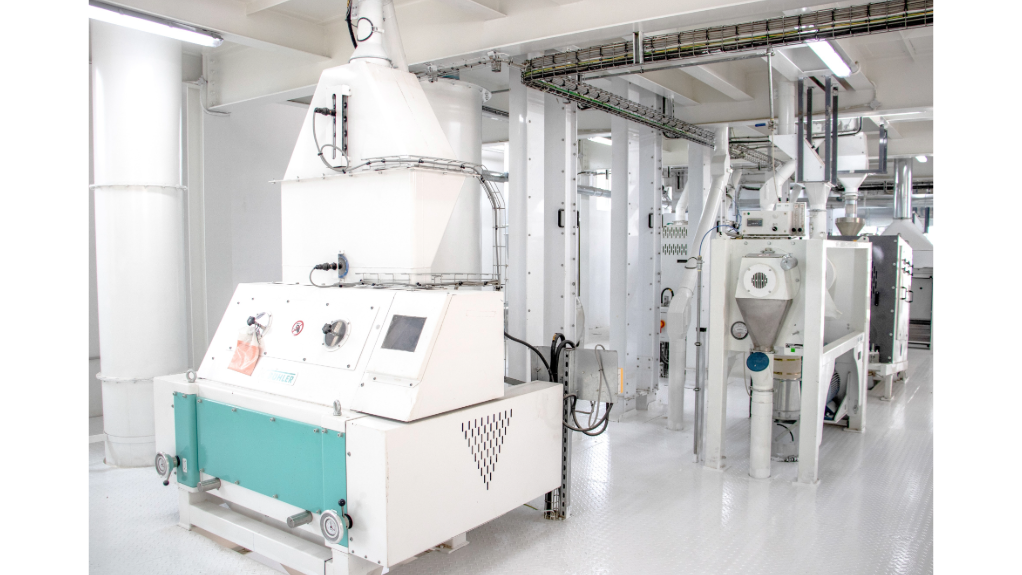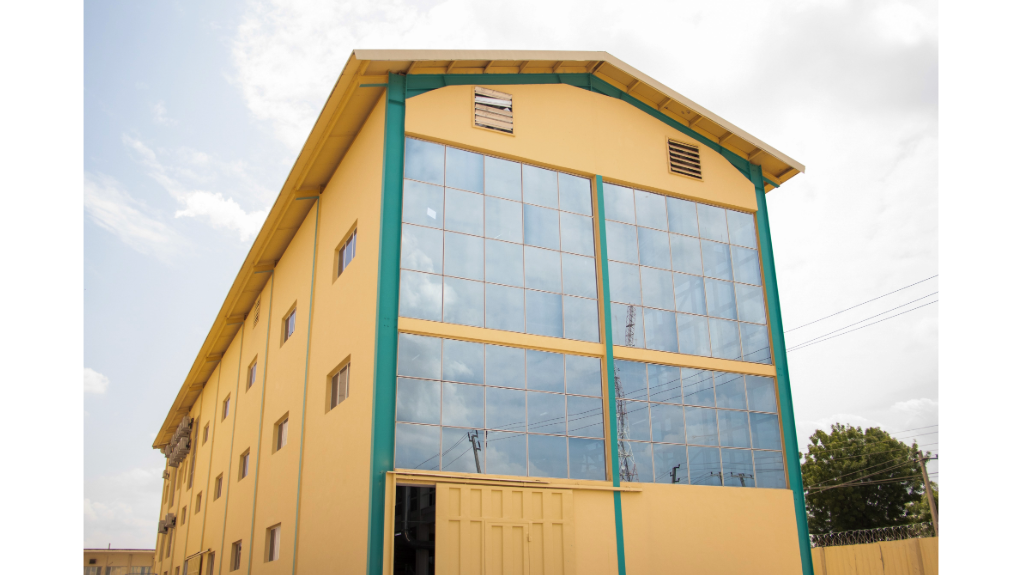Industrial food processing and technology solutions company Bühler has launched its new Grain Processing Innovation Centre (GPIC) – with pilot-scale production facilities, research and development (R&D) laboratories, as well as classrooms – in Kano, Nigeria.
The purpose of the GPIC is to address several challenges faced by grain producers in Nigeria and the rest of the region. This includes automating local and ancient grain-processing methods, upgrading the grain production industry to enhance efficiency and providing education and training to empower grain processors to tackle food insecurity.
This is particularly apt for a country such as Nigeria, which is significantly affected by food insecurity, despite being one of the largest grain and crop producers in the world. The country has a yearly production of 20-million metric tons of grain.
“The GPIC will offer comprehensive and intensive training in the food industry, with a focus on theoretical and practical aspects. Highly skilled personnel can then ensure that plants are maintained at high levels leading to plant efficiency and longevity,” says Bühler GPIC head Ali Hmayed.
He highlights that the GPIC’s contribution – with its R&D capabilities – could have a knock-on effect for the agricultural and grain industry value chain in Nigeria.
Consequently, grain producers or farmers could sell their grain or crops to local processors, thereby reducing the country’s reliance on imports.
It would also help to ensure that less money is spent on transporting grain or crops to local processing facilities – since the distances would be shorter – which would, in turn, result in reducing the carbon footprint within the value chain.
Mechanisation and Automation
With Africa having vast areas of arable land and being rich in ancient grains as a nutritional food source, it is important for food-processing practitioners to mechanise and automate their operational procedures, including the cleaning, sorting and milling processes, for all-round optimisation.
Grain-processing facility personnel ought to be trained to use automated equipment to improve the speed of production while ensuring precision and the product’s quality, making it easy to uphold the required level of quality assurance.
This full-cycle process will result in not only the overall enhancement of the facility’s efficiency, but also ensure a grain quality that is safe for human consumption.
A typical example of automated machinery improving processes at a grain facility is Bühler’s AlPesa high-compression milling system.
Contrary to the tediousness inherent in the manual grinding of grain into flour, the AlPesa – which can be used to process wheat, sorghum and other grains – enables grain processors to produce flour using steel rollers. This process efficiently grinds grain into flour with less effort while enabling processors to control starch damage and water absorption and produce a high-quality, safe food product.
“The system’s flexibility enables seamless transitions between different types of grains, supporting efficient production runs and enabling adaptation to changing market needs,” says Hmayed.
Moreover, in addition to educating and training raw talent in the industry, the GPIC will serve as a foundation for R&D efforts, education and training.
For more than 160 years, Bühler has been a driving force in the discipline of “state-of-the-art” food processing technology solutions. The introductions of the GPIC, and a product such as the AlPesa, are testament to the organisation’s ongoing drive to provide innovative offerings for the African market.
“We are ready to welcome inquiries and visitors to our GPIC. Additionally, we take pride in our presence in Nigeria, where we have over 45 dedicated employees committed to serving our customers with excellence,” he enthuses.
Edited by: Nadine James
Features Deputy Editor
EMAIL THIS ARTICLE SAVE THIS ARTICLE
ARTICLE ENQUIRY
To subscribe email subscriptions@creamermedia.co.za or click here
To advertise email advertising@creamermedia.co.za or click here

















